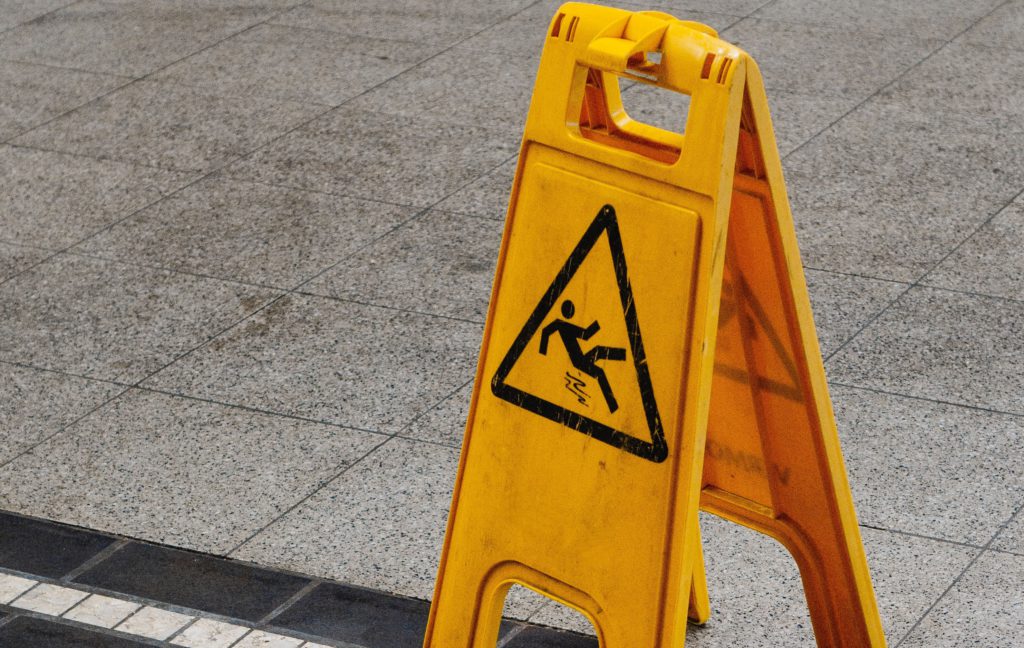If you have a business location, whether that be an office, workshop or storefront, you have at least some premises liability risk. As a business owner, you are expected to take the necessary care to protect those on your business premises, whether you own or rent the property where your business is located. You are also going to have risk from your business operations, products sold and other elements involved in your company.
As you likely know, there are many different types of liability insurance available in the marketplace. This post is going to focus on two types of liability insurance that protect your business against liability as a result of property damage or bodily injury caused to others. These are premises liability and commercial general liability (CGL) insurance. While there is some overlap and similarities, it is important to know how these two types of liability differ. Continue reading to learn about these coverages and ensure your business has the right amount of protection in place.
Premises Liability Insurance
Premises liability insurance, also known as basic liability, covers your business for accidents that take place on your business property. Your business property or premises refers to the area where you work. This could include:
- Your office/workspace
- Your office parking lot
- The pathway leading up to your office
Types of insurance premises liability is commonly mistaken for:
- Errors and omissions insurance (also known as Professional Liability)
- Worker’s compensation insurance
- Commercial property insurance
It is none of these. It solely covers your exposure for injuries/damage that occur on the business premises listed on the policy. It does not cover loss off-site, nor does it cover loss caused by your products or completed operations. As a result, this is a very limited form of business liability insurance that provides only a basic level of protection.
Commercial General Liability Insurance
General liability coverage is a package that typically includes coverage for premises liability, contractual liability, product & completed operations liability and personal injury (as a result of libel, slander, copyright infringement and more). In other words, commercial general liability (often abbreviated CGL) will protect your business from many different types of claims resulting from injury or property damage suffered by a third party.
Key differences between premises liability and general liability:
As noted above, commercial general liability coverage that includes products & completed operations is a much more comprehensive insurance policy compared to a basic premises liability policy. However, due to the much more restricted coverage, premises liability is often notably less expensive than a CGL policy. It is important to review your risk exposures and make sure that you are buying the right insurance coverage for your operations.
Shared property
Coverage becomes more complex when part of your business property is shared with a landlord, such as an office in an office building. It is important to check with your landlord to determine what parts of the property you are responsible for maintaining, including any common areas and areas surrounding the property. It is also important to determine what types of liability coverage are required in your leases, customer contracts and other agreements, as they may require specific coverages or limits to be in place.
It is important to discuss the unique insurance needs of your business and the specifics of your business coverage with a broker that is knowledgeable in your industry. Get in touch with one of the brokers at Fuse Insurance who can review your current insurance program and ensure that you have the necessary coverage for your business. Give us a call at 1-866-387-FUSE (3873) or fill out our quick and easy online quote application form now.
